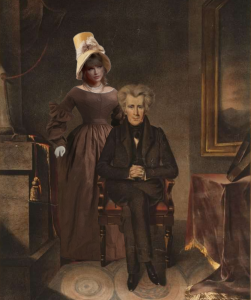The third 13-episode season of “13 Reasons Why” premiered on Aug. 23 on Netflix. While it was arguably the second-best of the three seasons, I could not help but have the same concern I had when watching the second season: Why do we need more?
Netflix’s original concept of “13 Reasons Why” was to make an adaptation of the popular Jay Asher novel of the same name, but now the show has been renewed for a whopping four seasons, when it already finished its main storyline in the first.
For those who do not know, “13 Reasons Why” is about, or supposed to be about, the suicide of Hannah Baker and the cryptic reasons why she came to that decision. However, even after that storyline played out, the show continued with a second season where Hannah’s parents attempted to sue Liberty High School for their alleged role in her suicide.
Near the end of the season, however, the screenwriters introduced a new concept that could have easily played out in one episode: Tyler Down was assaulted by one of the school bullies, Monty, and attempted to commit a tragic school shooting at the spring formal.
Then, the screenwriters completely abandoned the show’s uniqueness and turned it into a standard high school drama. The third season featured the kidnapping and subsequent death of Bryce Walker, who was revealed to be the main antagonist in season one. Although the show has never shied away from more adult-oriented topics, the third season seemed to delve into the most controversial topics the writers could dream up, i.e. abortion, sexual assault, murder, steroids, immigration laws, etc.
The third season of “Thirteen Reasons Why” is not bad, however, it does make the viewer wonder why it even exists. Unlike the second season, the third season did not end on a substantial cliffhanger, so it also leads to the question: where could they take the fourth season?




